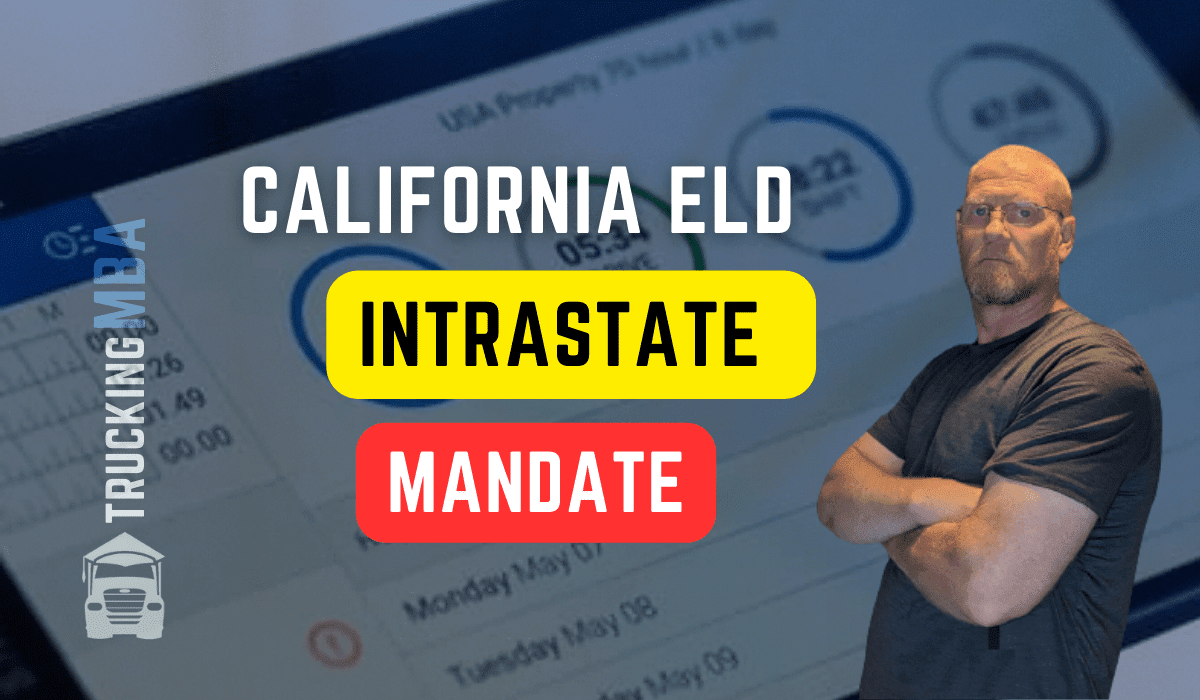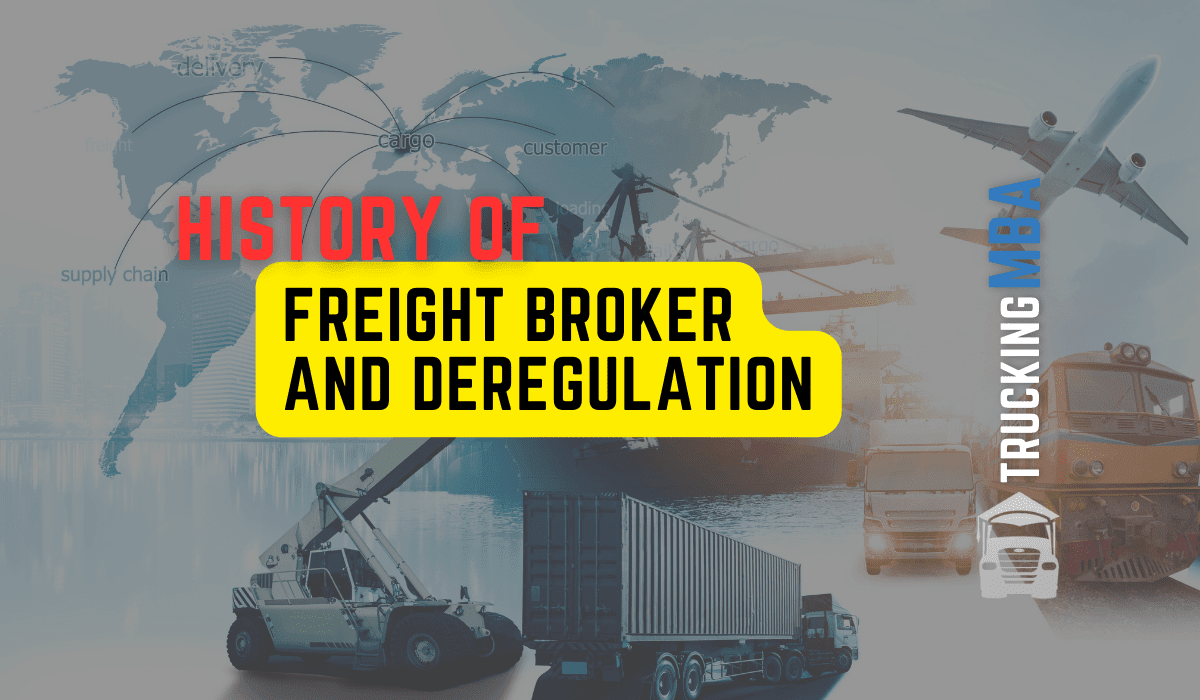The world of trucking is filled with complexities, and one of those complexities is the 2290 tax, also known as the Heavy Vehicle Tax. It’s more than just a number; it’s a crucial part of the trucking industry. In this guide, we’ll dive into what the 2290 Tax is, who needs to file it, and when it’s due each year.
What is the 2290 Tax? A Deep Dive into Heavy Vehicle Tax
The 2290 Tax, or Heavy Vehicle Tax, is a federal tax imposed on heavy vehicles operating on public highways. It’s not just a tax; it’s a commitment to maintaining the roads we all use.
Purpose of the 2290 Tax
The purpose of the 2290 Tax is to fund the maintenance and construction of highways. It’s a way for the trucking industry to contribute to the infrastructure that keeps America moving.
Applicability of Heavy Vehicle Tax
The Heavy Vehicle Tax applies to vehicles with a gross weight of 55,000 pounds or more. It’s not just for the big rigs; it’s for anyone operating a heavy vehicle on the road.
Implications of Trucking Tax Compliance
Failure to comply with the 2290 Tax can lead to penalties and interest. Trucking Tax Compliance is not just a tax; it’s a responsibility to the industry and the nation.
Who is Required to File for the 2290 Tax? Understanding Trucking Tax Compliance
Not everyone is required to file for the 2290 Tax. Here’s a breakdown of who needs to file:
Individuals and Entities Obligated to File
- Trucking companies: If you operate a fleet, this tax is for you.
- Owner-operators: Even if you own just one truck, you’re part of the equation.
- Agricultural vehicle owners: If it’s heavy and used in farming, it’s included.
- Leased vehicle operators: Leasing doesn’t exempt you; you’re still on the hook.
Exemptions and Special Cases
- Vehicles not used on public highways: If it’s off-road, it’s off the tax list.
- Government-owned vehicles: Public service has its perks.
- Emergency vehicles: Saving lives doesn’t come with a tax bill.
When is the 2290 Tax Due Each Year? Key Dates for Heavy Vehicle Tax
Timing is everything, and the 2290 Tax has its own calendar. Here’s what you need to know:
Important Dates for Heavy Vehicle Tax
| Tax Period | Due Date |
|---|---|
| July 1 – June 30 | August 31 |
Considerations for Trucking Tax Compliance
- New vehicles: If you buy a new truck, you have a month to file.
- Partial year: If you’re only on the road part of the year, you still need to file.
TruckingMBA's Online Tax Filing Solution
Filing the 2290 Tax doesn’t have to be a headache. At TruckingMBA, we provide an online tax filing solution at VLG2290.com. It’s designed to make the process smooth and easy, ensuring Trucking Tax Compliance without the fuss.
Conclusion
The 2290 Tax, or Heavy Vehicle Tax, is more than just a number; it’s a vital part of the trucking industry. Whether you’re a seasoned pro or just starting out, understanding this tax and ensuring Trucking Tax Compliance is essential. It’s not just about paying a bill; it’s about contributing to the roads that keep America moving.
Remember, it’s not just a tax; it’s a responsibility. Stay compliant, stay informed, and keep on trucking.



Responses